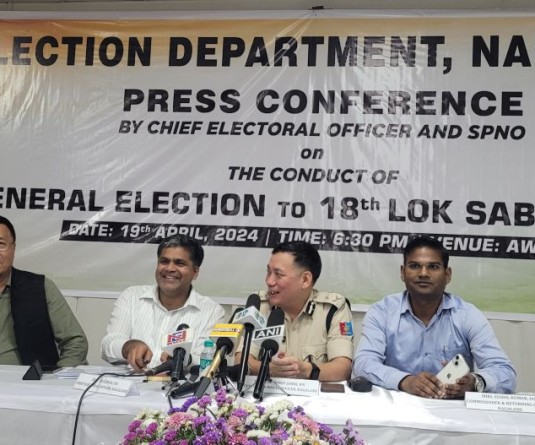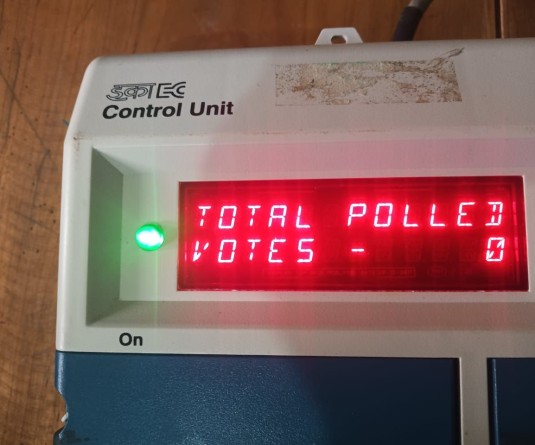
“Instant case in the shape of a political vendetta,” opines JMFC
DIMAPUR, JULY 29 (MExN): Judicial Magistrate First Class, Peren, has today dismissed the complaint cases on the Chief Minister’s educational issue on the grounds that they are barred by time limitation.
A press statement from Media Cell, CMO furnish along with copy of the order stated that the case was heard on July 28 and the order was issued today in which the Magistrate opined that the “instant case is in the shape of a political vendetta.”
It may be mentioned that the Supreme Court had, by an order dated June 15, 2016, directed the lower court (JMFC, Peren) to first determine the question of limitation.
In November 2015, one Maziezokho Nisa had filed a complaint against an alleged offence punishable under Section 125 A of the Representation of People Act, 1951, purported to have been committed by the Chief Minister, Nagaland. A similar case was filed against the Chief Minister by one KK Kulimbe alias Kengim in July 2016.
And since the facts and the question of law to be adjudicated were identical, both the cases were taken up together and disposed off by the common order issued today.
The Judicial Magistrate observed that “the punishment for infringement of the offence under Section 125-A of the Representation of People Act is punishable with imprisonment for a term which may extend to six months, or with fine, or with both. As such, by virtue of clause (b) of the sub section (2) of section 468 of the Code of Criminal Procedure, the period of limitation for institution of the two instant complaint cases is one year.”
The Judicial Magistrate went on to comment that both the complaint should have been filed by February 2014. “Upon considering the submissions advanced, I find force in the submission advanced by the learned counsel for the respondent. In the instant case, the alleged false affidavit sworn by the respondent with regard to the educational qualification was made public in the month of February 2013 as the same was uploaded in the web site of the Chief Electoral Officer, Nagaland.
Thus in the above circumstances, if we are to accept the contention of the learned counsel for the complainant that the period of limitation would commence from the date of knowledge i.e. July, 2015 and August, 2015, then the very purpose of the provision of limitation would be defeated.
The Magistrate further pointed out, “Accepting such a contention advanced by the learned counsel for the complainant would make the provision of limitation redundant and would give rise to multiplicity of cases at the whims of the litigant. To accept the contention of the learned counsel for the complainant that the period of limitation would commence from the date of knowledge in the surrounding facts and circumstances of the instant case would be like arming the opponents of the respondents with a deadly weapon wherein the respondent would not have respite even after a lapse of 20-25 years. “However, if the alleged document of swearing of false affidavit by the respondent was not made public, one may find substance in the contention of the learned counsel for the complainant that the period of limitation would commence from the date of knowledge. But as stated above, once the said documents are made public, it would not be safe to accept the contention of the complainant. “Accordingly, in view of the aforesaid, both the instant complaint cases are barred by limitation.”
The Magistrate went on to opine that “in the surrounding facts and circumstances of the case, it is not a fit case to exercise the discretion of the court to condone the delay since the instant case is in the shape of a political vendetta.” Accordingly, the Magistrate ruled that both the complaint cases are time barred, and also finding no satisfactory ground to condone the delay in filing the complaints, the cases were dismissed.





